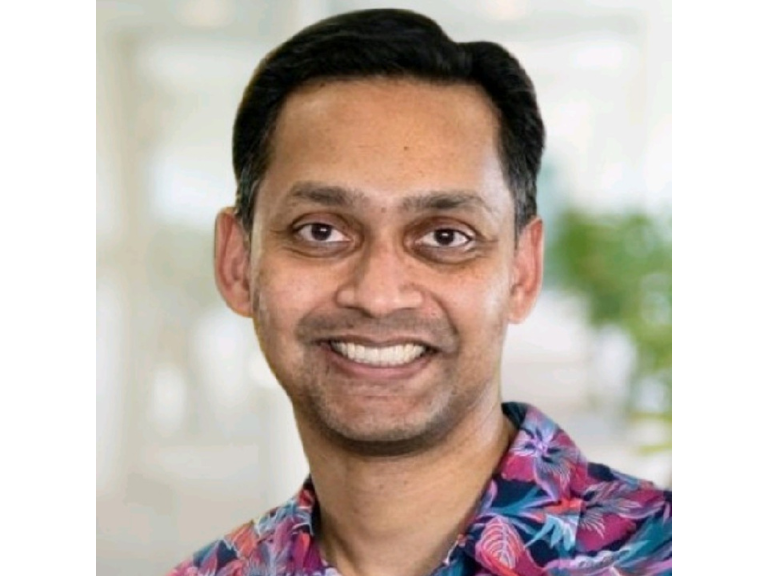Managing Director, Chief Architect for AI & Data, J.P. Morgan
Prashant Reddy is currently the CEO and Co-Founder of an early-stage technology startup focused on Generative AI Agents for Enterprise.
Most recently, he was the Chief Architect for AI and Data and the Global Head of Data and Analytics Technology at J.P. Morgan Corporate and Investment Bank. In that role, he led several product, engineering and architecture teams. Prashant joined the founding team for J.P. Morgan AI Research in 2018 as Senior Research Director.
Previously, Prashant was at Google where he led the Machine Learning team for Android/IoT. Prior to that, he was a Product Lead and Senior Algorithms Manager at Nest Labs and the Founder and CEO of Lumator, a startup that provided AI-powered services to consumers in electricity markets. At Carnegie Mellon University, he co-created Power TAC, an open-source agent-based simulation platform for Smart Grid research and competition. Earlier in his career, Prashant was a Managing Director at Morgan Stanley where he led engineering teams for algorithmic trading and distributed risk management.
Prashant has been a winner of the Canfield-Roseman Entrepreneur of the Year Award, the McGinnis Venture Competition, the NYC Mentorship Award, and several internal awards at JPMorgan Chase, Google and Morgan Stanley. He has a few dozen patents and academic research papers published at top AI conferences including AAAI, ICML and NeurIPS.
Prashant has received PhD and MS degrees from the Machine Learning Department at Carnegie Mellon University, an MBA in Finance and Management from the Wharton School at the University of Pennsylvania, and a BS in Computer Science from the College of Engineering at University of California at Berkeley.



